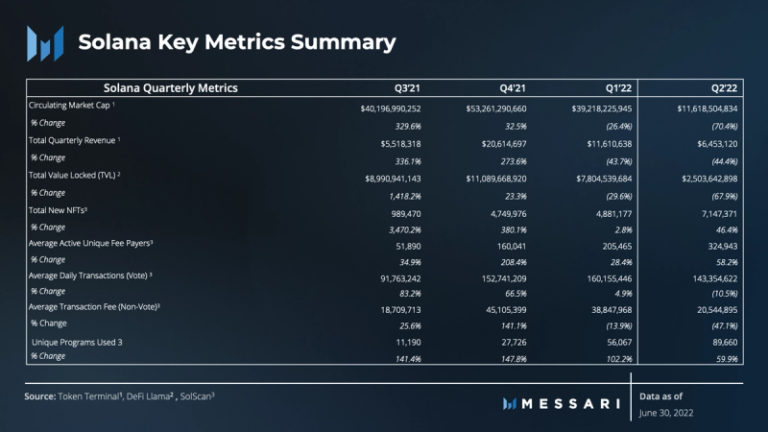Do you think you could name the most expensive NFT from 2019 off the top of your head? Before collections from the BAYC took the NFT world by storm, Animoca Brands’ play-to-earn game F1 Delta Time was responsible for some of the highest-value sales in the community.
A virtual gold-encrusted Formula 1 car from the game called the 1-1-1 sold for roughly $113,000 (415.9 ETH) in November of 2019. If the car sold for the same price in ETH today, the lucky seller would be able to take home a cool $1.28 million.
High-profile sales of F1 Delta Time NFTs didn’t stop after that. In 2021, a virtual car celebrating Formula 1’s 70th anniversary sold for approximately $265,000 – a figure surpassed just a day later when the “Australia Edition 2020” Apex car NFT was acquired in an aftermarket transaction for 1,221,221 REVV, worth approximately US$288,000 at time of sale.
All of that ended in March when Animoca Brands announced its failure to renew licensing rights to the Formula 1 IP, thus ceasing the game’s operations. This marked the end of the game’s three-year run and rendered all its NFTs worthless.
A brief history of F1 Delta Time
Before NFT marketplace OpenSea was established in 2017, NFTs, let alone NFT-driven games were still a novel concept to most people. NFT games were relatively small-scale affairs, as seen with Etheria and CryptoKitties. That all changed with the launch of two games: the Pokémon-inspired Axie Infinity, and F1 Delta Time a year later.
What made F1 Delta Time particularly alluring for gamers looking for a play-to-earn experience was its partnership with Formula 1. This made it much easier for gamers new to the Web3 space to place trust in the game, and in turn, Web3 itself.
F1 Delta Time offered users a gamified take on the Web3 experience. Winning races netted players in-game REVV tokens, which remain a tradeable cryptocurrency to this day. Gamers could then use these tokens to purchase cars in the game, which doubled as NFTs that they could later sell for real money.
It also helped that F1 Delta Time was an approachable, fun racing game.
Sadly, its main draw turned out to be a double-edged sword in the end, as its status as a licensed game was also responsible for its early demise.
After the end
Even before news of the game’s closure broke, its NFTs were gradually losing value. In its last month of operations, its highest-value NFT was a virtual representation of 7-time Formula 1 champion Lewis Hamilton, which sold for roughly $14,000.
Still, Animoca hopes to do right by its player base by offering REVV tokens to owners of now-worthless NFTs. These can be used to purchase cars in Animoca’s other racing game, REVV Racing.
That still doesn’t change the fact that failing to renew their Formula 1 license severed the utility on lots of users’ NFTs. This defeats the entire purpose of minting a digital object as an NFT since, in theory, the minting process should be able to give digital goods a secure and permanent value. Hopefully, future licensed NFT games and products won’t face a similar fate.




